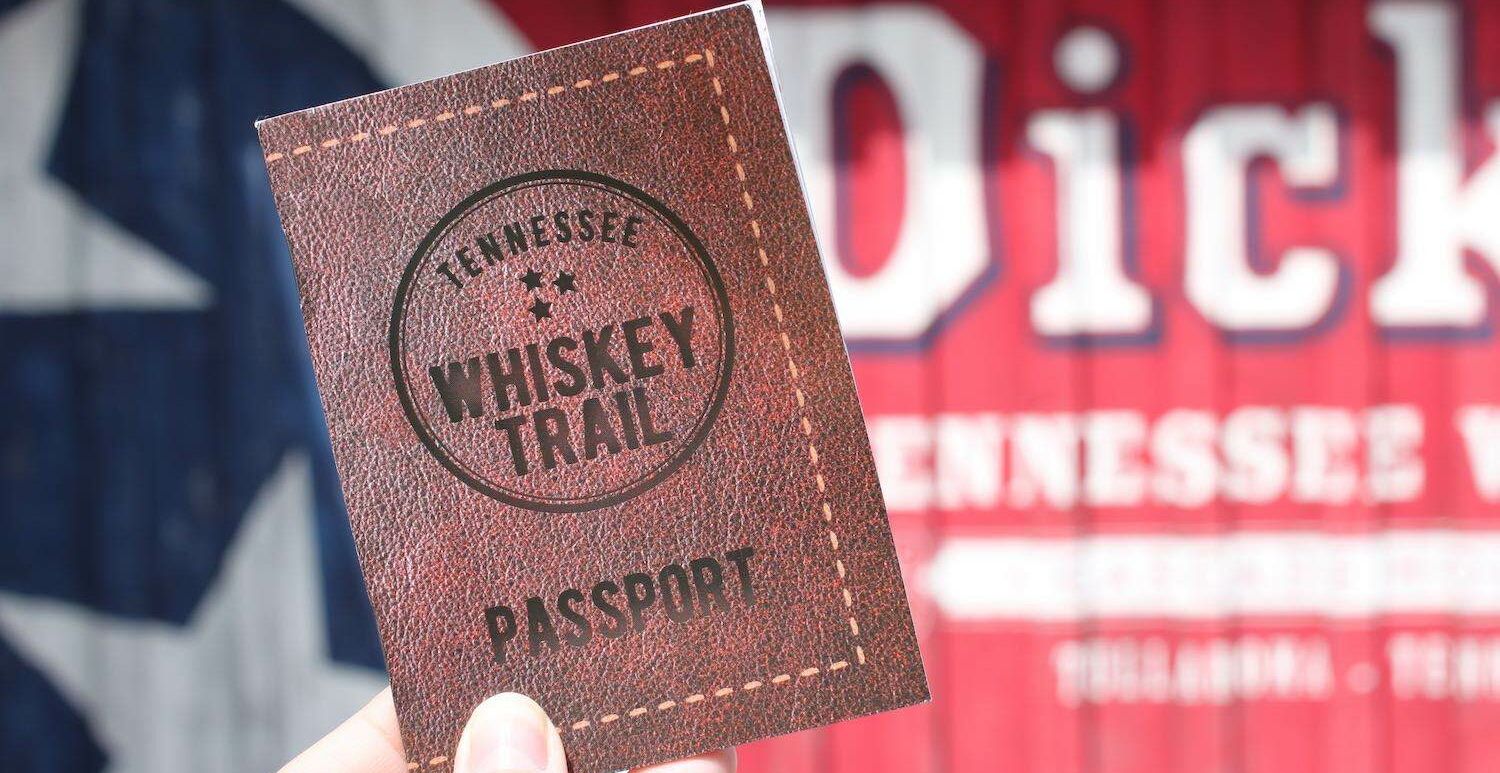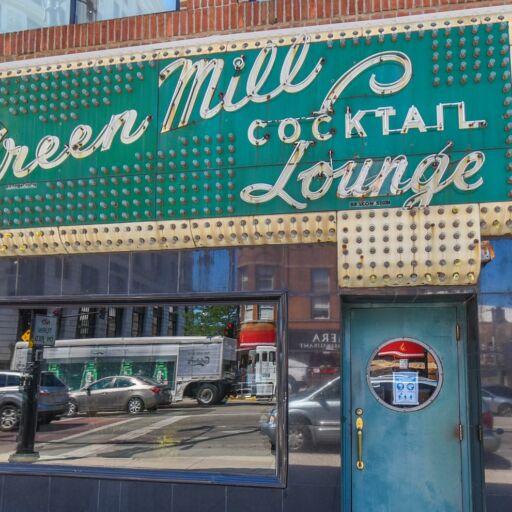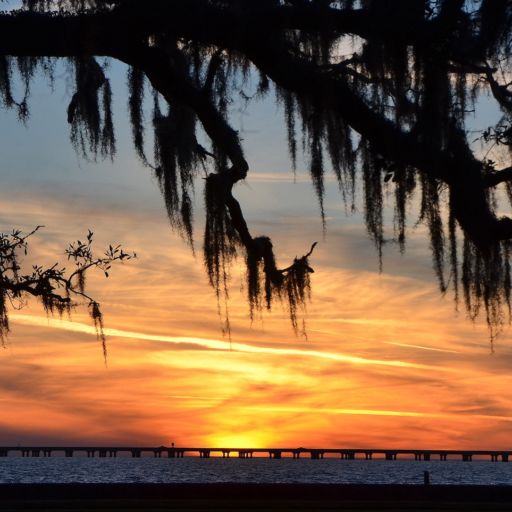This story appears in Fifty Grande Magazine #3, the Road Trip issue.
There’s a reason the song goes “smooth as Tennessee whiskey.” It’s the best product to come out of the state, rivaled maybe by our homegrown music or Moon Pies. But, it’s up there right at the top. Annoyingly to whiskey aficionados, you’ll see our beloved spirit often listed on menus alongside bourbon, but they’re not the same. Repeat with me: They are not the same!
Allow me to geek out for a second: Bourbon is technically a type of whiskey, but not all whiskey is bourbon. Both are made up of at least 51 percent corn, along with grains like barley and rye. But if you ask a Tennessean, that’s where the comparisons end, since Tennessee whiskey is made with the Lincoln County Process. What’s that? That’s when they make it awesome. (If you want the details, they filter the whiskey through charcoal chips, among other things, before aging in new oak barrels. That’s where that light flavor, that hint of burnt wood comes from.)
Even if you don’t care about anything I just said, you should care about this: Tennessee whiskey tradition is being carried on right at this very moment at distilleries all over the state. And you’re in luck. Here we have the ultimate Tennessee Whiskey Trail road trip for you to explore one of our country’s homegrown specialties.
Chattanooga
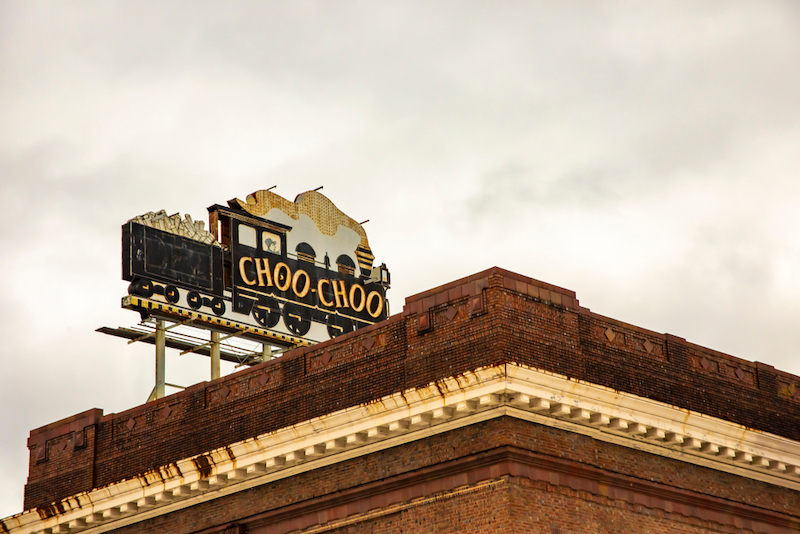
Chattanooga was home to 30 distilleries in the 1800s, but Prohibition shuttered many for good. Now it’s a railroad town located near the Georgia state line. Across the street from Chattanooga Choo Choo—the city’s Terminal Station-turned-historic-hotel—is Chattanooga Whiskey Experimental Distillery, which has made history of its own. In 2011, Chattanooga Whiskey fought to change the liquor laws and later opened the city’s first distillery in over a century.
The small tasting room books up quickly, so make a reservation in advance. On the tour, guests learn about the company’s history, visit the underground cellar where barrels are maintained in cool temperatures and end with samples of their whiskeys. Don’t miss the 1816 Reserve, named for the year the city was established on the banks of the Tennessee River.
Gate 11 Distillery is also located in the former train station and crafts a small-batch Tennessee rye whiskey, aged for five years. Whiskey aficionados can create their own bottle in what’s known as the Boxcar Whiskey Experience or sample a cocktail with the spirit in the onsite bar.
Lynchburg
If there’s one man best associated with Tennessee whiskey, it’s Jack Daniel (not Daniels!). The legend opened his distillery in 1866, making it America’s first registered distillery. He sourced his water from a cave spring that’s still used today. His Old No. 7 label won top honors at the 1904 World’s Fair and remains the most popular bottle. Sadly, he died in 1906 and was never able to see the company’s massive name recognition.
The town of Lynchburg is now a pilgrimage site for whiskey enthusiasts who come to see the statue of Jack alongside the cave. Tours are offered of the incredible operation, where every bottle sold worldwide is made, including the stillhouse and the all-important fire station. Despite the fact that the distillery is within a dry county, you can sample the many products on the tours.
Tullahoma
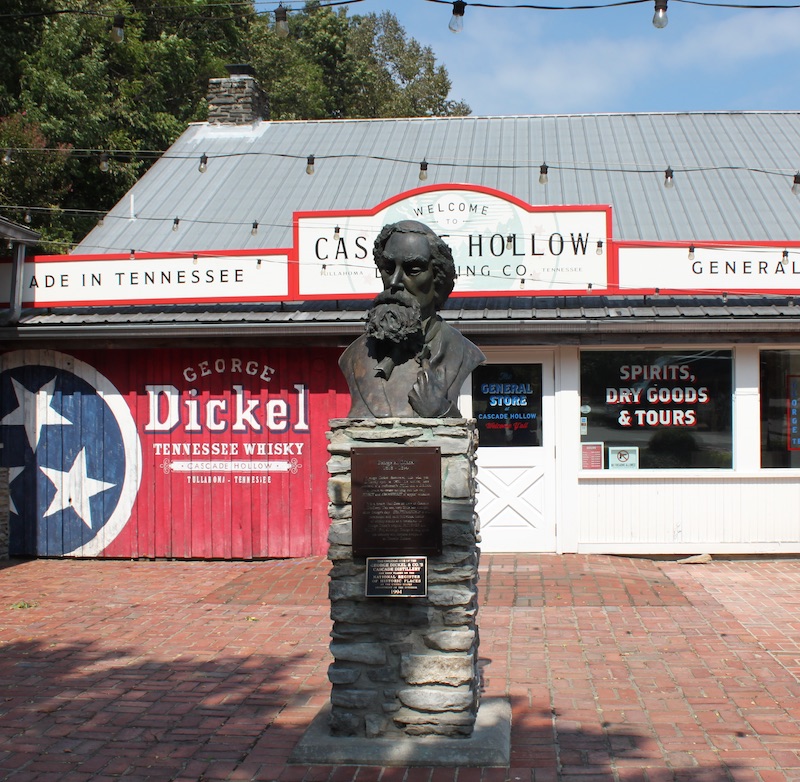
Thirty minutes farther down country roads is Cascade Hollow Distilling Co., home to the George Dickel brand, named for the “other man” in Tennessee whiskey. It was founded in 1878 by Dickel, and while Prohibition shut down stills all over the state, Cascade Hollow was able to continue operating by producing “medicinal whiskey.”
The wooden building is home to the former post office, where you can send off postcards, and the tasting room, where you can sample rare bottles like the whiskey aged in Tabasco hot sauce barrels. The Bottled in Bond series has won a number of awards, so pick up a bottle to take home. If you’re a fan of Manhattans, the rye whiskey also lends itself well to cocktails.
Thompson’s Station
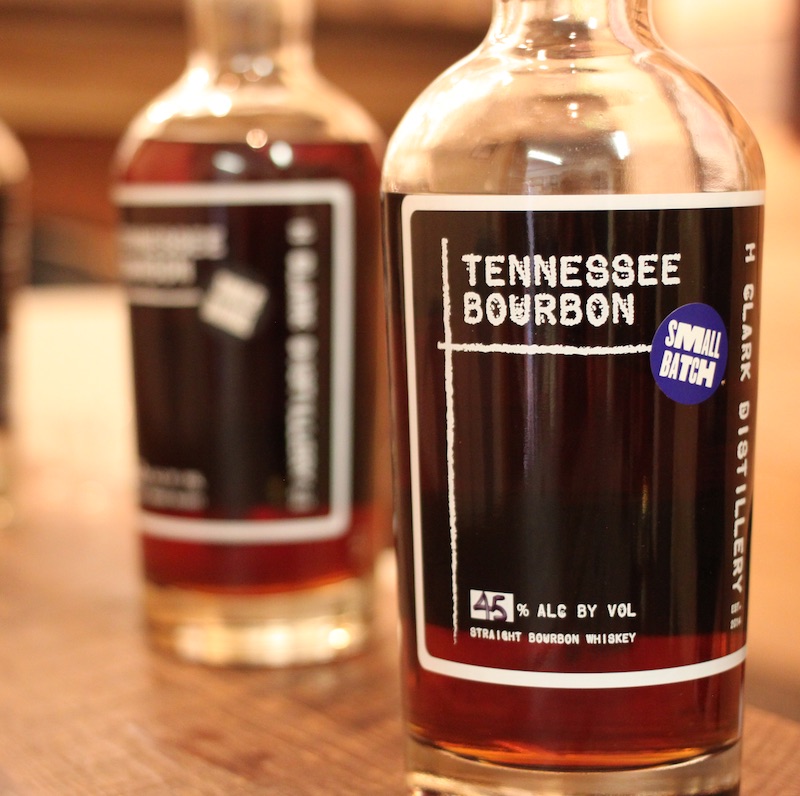
H Clark Distillery opened in 2014 in the former granary in the small town of Thompson’s Station. Thanks to the hard work of lawyer and distillery owner Heath Clark, it became Williamson County’s first distillery in a century. It also paved the way for dozens of other distilleries to begin producing whiskey around the state.
The distillery now crafts two types of bourbon-style whiskeys, made without the charcoal filtration, using grains from local farms. The Tennessee Bourbon comes in single-barrel and small-batch versions, differing only in the notes from aging. H Clark has a rye whiskey and a “black and tan” whiskey that resembles the beer combination of stout and pale ale.
Leiper’s Fork
The community of Leiper’s Fork, part of greater Franklin, is a favorite place for musicians to cut their teeth before performing in Nashville. Leiper’s Fork Distillery carries on the tradition of the Scottish-Irish that settled in the South in the 18th century, not to mention the area’s Prohibition-era moonshiners. The distillery, like its counterpart in Thompson’s Station, uses grains from area farms as well as limestone-filtered water.
The 100-proof Leiper’s Fork Tennessee Whiskey is “bottled in bond,” meaning that it’s been aged for at least four years and was made with rigorous standards. The Old Natchez Trace white whiskey is crafted like moonshine, named for the Native American trading route that runs nearby.
Nashville
The Music City, only 30 minutes away, is the perfect place to end your pilgrimage. While the towns to the south made the original Tennessee whiskey, the modern distilleries of Nashville are carrying on the tradition.
Nelson’s Green Brier Distillery was purchased in 1860 by a German immigrant, who made it a popular brand all over the world. After his death, his wife ran the company, but Prohibition shuttered it for good. That is, until 2006, when one of his relatives revived the distillery, reopening in Marathon Village and crafting Tennessee whiskey with the same family recipe.
Many have since followed in Nelson’s footsteps, especially after the statewide distilling laws changed. First came Corsair Distillery in 2010, followed by Nashville Craft Distillery and Pennington Distilling Co., each crafting its own take on the classic Tennessee whiskey.


